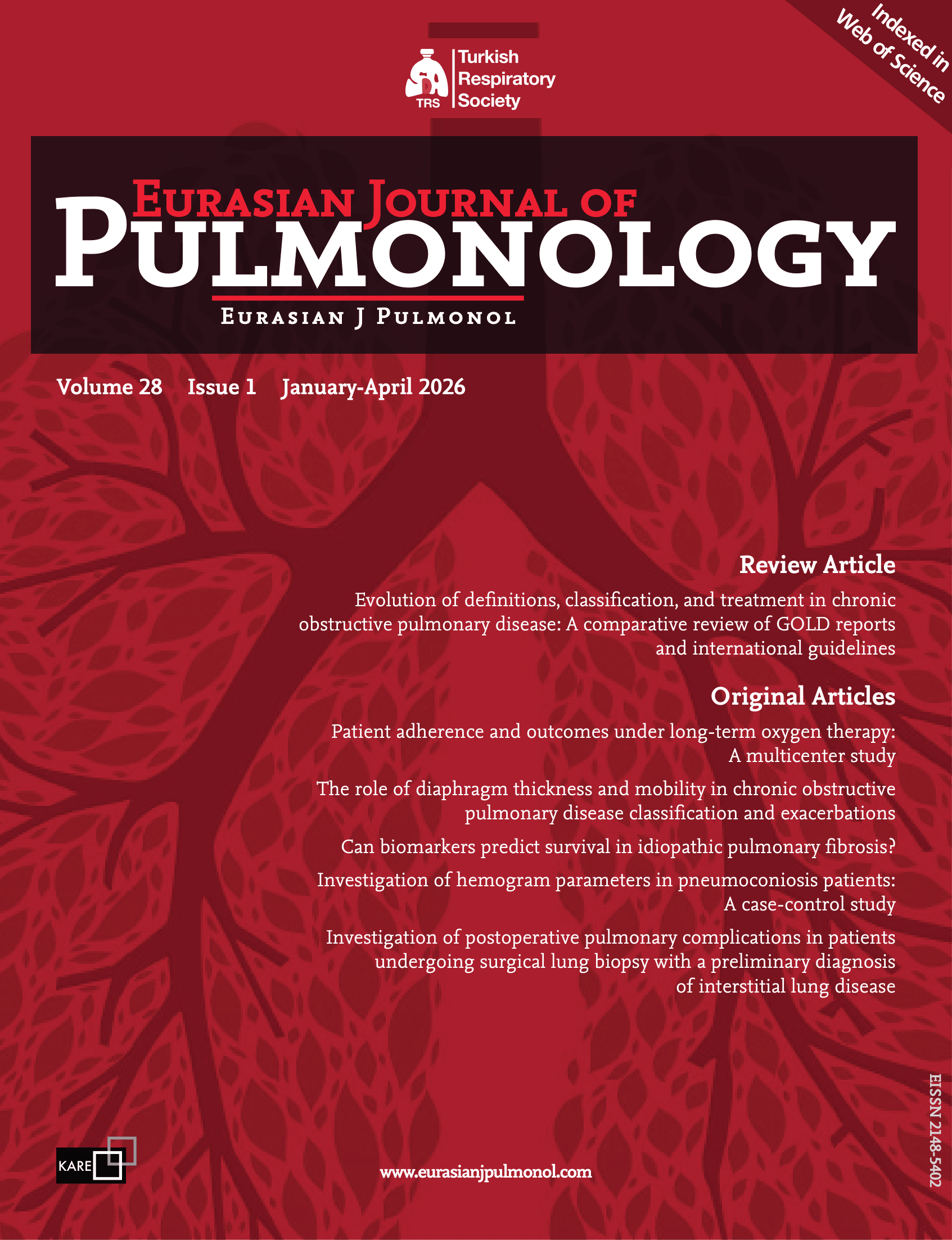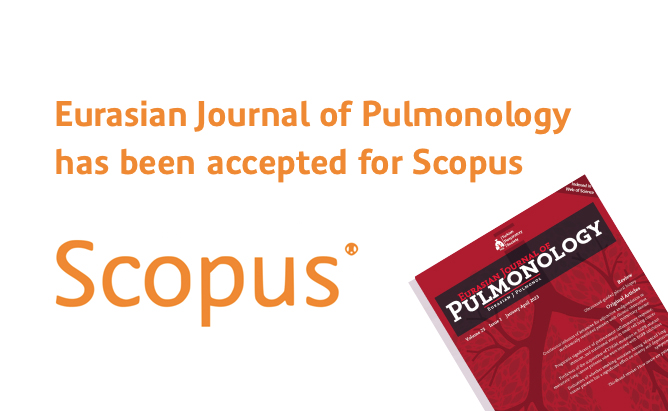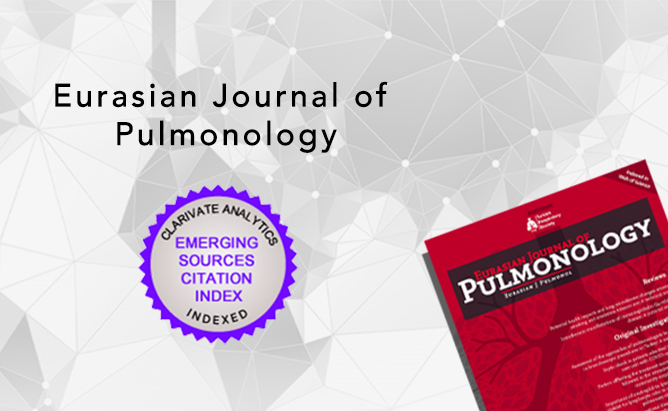2Department of Pulmonology, Giresun Dr. Ali Menekşe Chest Disease Hospital, Giresun, Türkiye,
3Department of Pulmonology, Gesundheit Nord Bremen Hospital Group, Klinium Bremen Ost, Bremen, Germany,
4Department of Pulmonology, Ankara Atatürk Sanatorium Training and Research Hospital, Ankara, Türkiye
Abstract
Immune checkpoint inhibitors (ICIs) are increasingly used in cancer treatment. Immune checkpoint inhibitor-related pneumonitis (ICI-P) is one of the immune-related adverse effects (irAE) and a leading cause of morbidity and mortality, defined as focal or diffuse inflammation of the lung parenchyma. Although ICI-P can occur in patients with malignancies, such as melanoma, renal cell cancer, and lymphoma, lung cancer patients are more susceptible to developing this condition. This rare side effect can be fatal. Dyspnea and cough are the most common symptoms. Organizing pneumonia is the most frequent radiological pattern; however, diffuse alveolar damage is more severe and life-threatening. Combined ICI blockade appears to improve clinical outcomes compared to monotherapy, but the incidence of pneumonitis increases with the combined use of agents. The mainstay of ICI-P treatment is corticosteroids; however, steroid-resistant cases may require alternative therapies. Early recognition and treatment are essential to prevent the progression of severe complications. This review analyzes the diagnosis and treatment strategies of ICI-P in detail.




 Merve Ayık Türk1
Merve Ayık Türk1 




